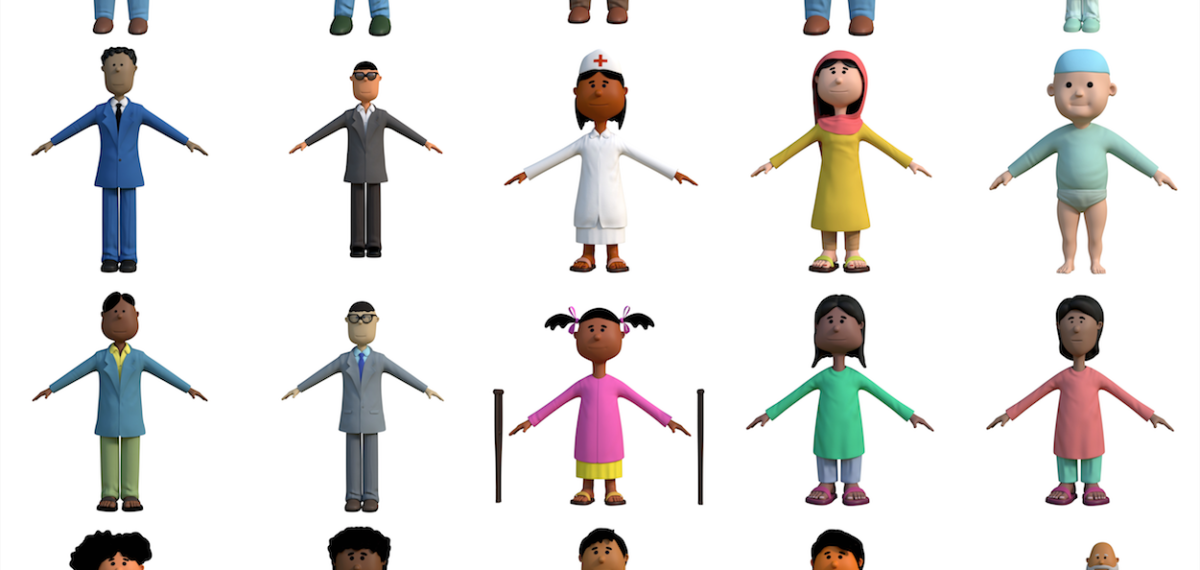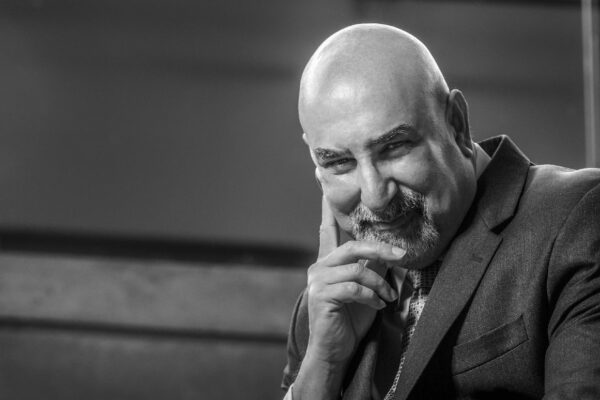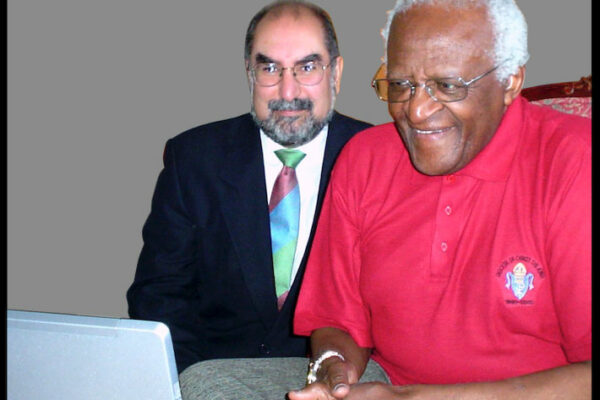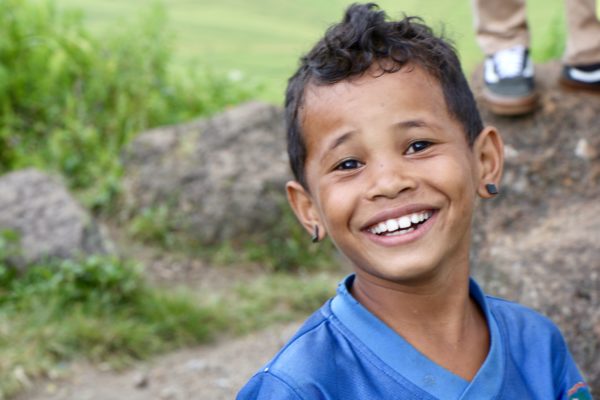CREATING MEDIA ON THE FRONTLINE OF CHANGE


This is a reprint of the story TMT News published in its magazine after it recognized CMM as Best Global Informative Short Film Producer
______________________________________________________________________________________________
Chocolate Moose Media creates content to better the human condition. Best known for creating animated shorts ranging from 20 seconds to five minutes long, Chocolate Moose represents a forerunner in behaviour change communications on a wide variety of subjects, like disease prevention and human rights. The company works closely with international organizations like the United Nations and UNICEF, as well as international non-governmental organizations like the Catholic Relief Services and the Red Cross, and also with private sector companies that wish to sponsor messages for social change like Qatar’s Oryx GTL.
The overall mission of Chocolate Moose Media is to use modern communications to improve or save as many lives as possible. As such, founder Firdaus Kharas considers his company’s region of interest to be the world itself. He elucidates, “I have travelled to over 140 countries in every region of the world. We do a great deal of local information- gathering before preparing a campaign, even if the campaign is global. We are not country or region-specific.
“The new era of history that we live in – with instant, global, two-way communications – has opened up endless possibilities for human development that my company exploits for the bene t of humanity. All my work is perfect for mobile phones, as it is short and animated. On certain issues, like containing the spread of the Ebola virus in West Africa during the recent outbreak, more villagers in the epicentre country of Guinea saw my anima on by passing it from mobile phone to mobile phone, than any other method.”
Expanding on this, Firdaus highlights how the West African Ebola crisis of 2014-2015 is a good example of how the lack of information can affect people’s lives across the world, in ways that they might not fully perceive.
“The international community responded to the crises by spending billions of dollars sending doctors and nurses and setting up quarantine units to treat those that had been infected, yet spent a tiny fraction of that amount on immediately disseminating vital information to the public in their own language on how not to get infected in the first place.”
Firdaus is vehement in his belief when he says that, “we need to change that mindset.”
All of Chocolate Moose’s productions are international in creation and most are internationally distributed. On any typical project, the creator might be in Switzerland, the writer in South Africa, the animators in India, the composer in Canada, the voices in Ecuador or Liberia and the distribution done through the global offices of the United Nations. That is possible because of the power of the Internet and instant broadband communications via Skype and other means.
“The roll-out of broadband has caused a huge difference in our distribution system,” Firdaus continues. “We no longer produce DVDs and courier them by the thousands around the world. Instead, anyone can go to my Vimeo channel and view more
than 3,500 animated videos that I have created in multiple languages on over 20 subjects, and download them in various resolutions from high and standard definition to low resolution for mobile phones. I give away all my work free of any charge and without any use restrictions.
“The key is to get the kind of media I create, behaviour change communications, widely understood, supported and used. We have not yet grasped the importance of information. On issue after issue, starting years ago with smoking, then going through the HIV/AIDS pandemic that killed more than 20 million people, through to the more recent case of the Ebola crises in Africa to the current rapid spread of the Zika virus, I have learnt that if you get people the knowledge on how to not get sick, they will act upon the information and the virus or health issue will be defeated.When I told people over 20 years ago I was going to start a social enterprise to use media to be er the human condition, more than one ‘expert’ gave me a highly quizzical look.”
In spite of the criticism that he has received since then, Firdaus still believes that passion makes all the difference. “I believe in the power of media to affect change for the better. So, I continue. The work is mostly very well received and makes a difference. If you can save a life, then that is your duty.
“Therefore, we will continue to work on issues ranging like our current portfolio of Polio eradication – which is close at hand – to human rights violations in Latin America, to spreading universal values like gender equality in the Middle East, to driving down obesity amongst children in the United States. There is not a single issue I can think of where media will not make a difference. On some issues, we might only make a tiny contribution; in others, we can affect millions of lives.
Although Firdaus deals with very serious subjects like Zika, Ebola and malaria prevention and domestic and sexual violence and children’s rights, he professes to doing so in a humorous way that is entertaining. “I believe people have to internalize the messages they see or hear in media before changing their behaviour. I do not believe coercing, threatening or forcing a person works. The media must be compelling and yes, entertaining.



